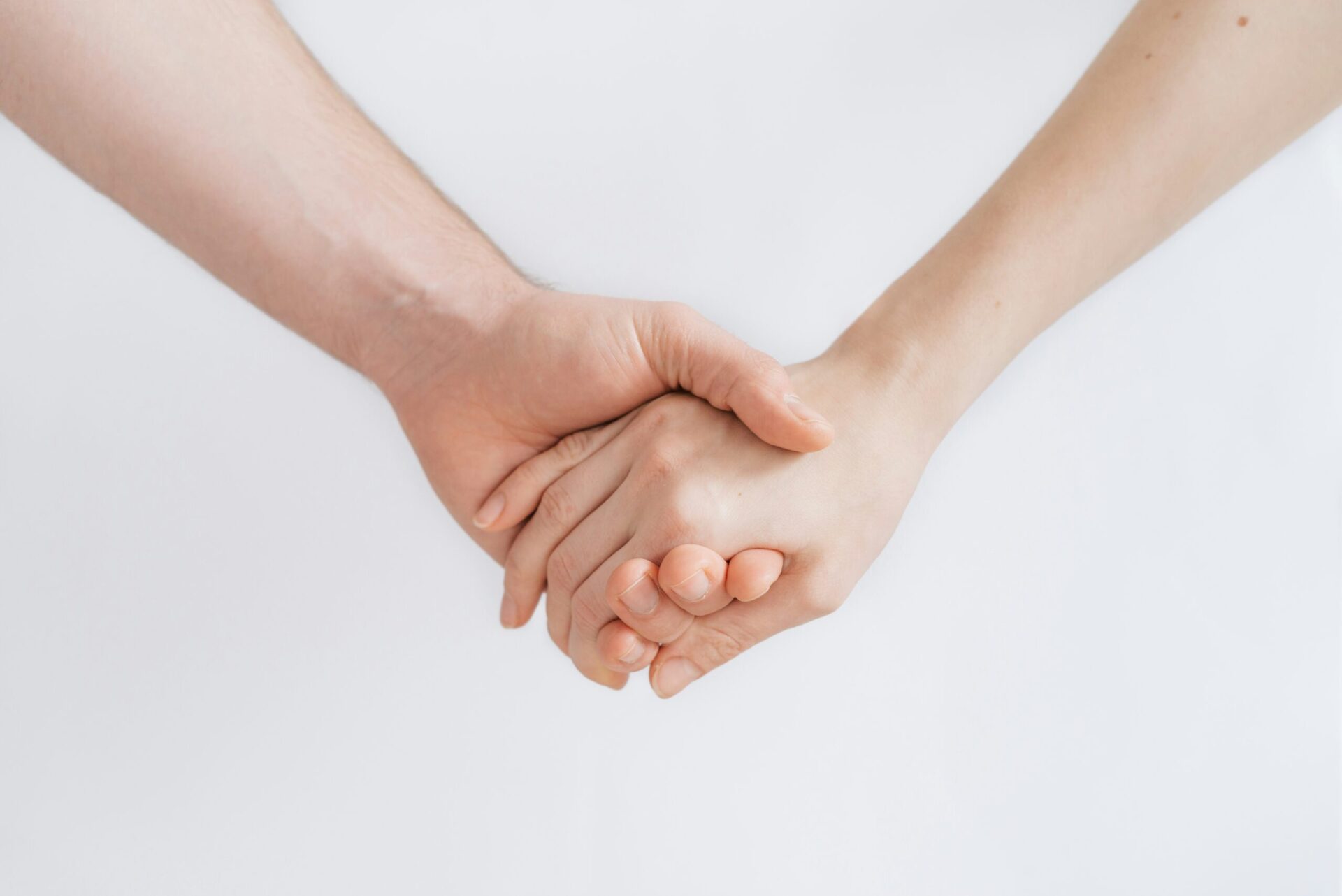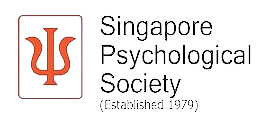Therapy For Men
Men have been less likely to reach out for help, be it for medical reasons or their mental health. Generally, men are poorer help seekers, and when working with men, we need to be mindful of this.
We are looking to break barriers to help-seeking, foster understanding, and create spaces where men can explore their inner worlds, their thoughts, and feelings without fear of judgment.
At Us Therapy, we aim to provide a welcoming and supportive environment to help men navigate life’s challenges and find strength in vulnerability. All our clinicians are very experienced at working with men and have in the last few years seen a positive change in the number of men seeking support.
What Is Therapy For Men?
Therapy for men addresses the unique pressures and experiences many men face. In our clinic, we see men who struggle with the societal expectations around masculinity, the pressures to be stoic and a successful provider. We also see how men have their own internal struggles with emotions and questions about their relationships and purpose.
Therapy offers a safe and constructive space to talk openly and work through all and every concern.
Whether it’s managing stress, improving relationships, or addressing deeper issues like anxiety, depression, or trauma, therapy equips men with tools to live more authentically and confidently.
When To Seek Help
Seeking therapy is a sign of strength, not weakness. Consider therapy if you:
- Feel overwhelmed by stress, work, or personal responsibilities.
- Struggle with expressing or understanding your emotions.
- Experience relationship difficulties or social isolation.
- Battle with feelings of anger, frustration, or sadness that feel hard to manage.
- Want to improve self-awareness and personal growth
There is no “right” time to seek therapy—any moment you choose to prioritise your mental well-being is the perfect time.
How Can Us Help You?

Experienced Therapists
Our processes and quality assurance is led by Dr Emma Waddington, Senior Clinical Psychologist and Founder of Us Therapy, with over 20+ years of experience in helping individuals in Singapore.
Holistic & Personalised Approach
Our clinicians draw from various therapeutic models to create a holistic approach. At Us, we have seen hundreds of clients and we recognise that each individual is unique. Our approach is tailored to you but always includes customised treatment plans and integrative techniques.
Thorough Assessment
At Us, we pride ourselves on our comprehensive assessment processes. We will undergo a thorough assessment process with you in your first sessions before we come up with a plan for your therapy.
What To Expect
Initial Consultation – A Space to Be Heard
The first session is all about getting to know you. It is a conversation—one where you can share what is been on your mind, what has been feeling difficult, and what you would like support with. Your therapist will ask questions about your background, experiences, and goals, but there is no pressure to answer any questions—just a safe space to begin.
Questionnaires & Onboarding Surveys – Understanding the Full Picture
To help tailor therapy to your needs, you may be asked to fill out some brief questionnaires before or after your first session. These can give insight into things like mood, stress levels, relationship patterns, or coping strategies. They are not tests—just tools to help your therapist understand how best to support you.
Individual Therapy Sessions – Your Journey at Your Own Pac
Each session is a step forward in your journey. Therapy is not just about talking—it is about discovering new ways to navigate life’s challenges, make sense of emotions, and feel like you are getting the most out of your life. Depending on your needs, sessions may focus on:
- Exploring patterns of thought and behavior
- Understanding past experiences and their impact on the present
- Developing practical coping tools
- Strengthening emotional resilience
Feedback Sessions – Reflecting and Adjusting
After the first few sessions (or after assessments), a feedback session provides space to reflect on how therapy is going. This is a chance to talk about what has been helpful, what you would like more of, and how therapy can continue to best serve you
Intervention – The Heart of Therapy
Intervention is where meaningful change happens. Every therapy journey is unique, and the approach will be shaped around what works best for you. Some common approaches include:
🌱 Cognitive Behavioral Therapy (CBT) – Helping to identify and shift unhelpful thought patterns, reduce anxiety, and develop healthier ways to cope and new patterns of behaviour.
🧠 Schema Therapy – Deep, transformational work to uncover long-standing patterns that might be keeping you stuck, often rooted in early life experiences.
💙 Acceptance and Commitment Therapy (ACT) – Learning to handle difficult emotions with self-compassion and move towards what truly matters in life.
🌊 Eye Movement Desensitization and Reprocessing (EMDR) – A powerful approach for healing trauma and distressing memories, helping the brain reprocess them in a way that feels less overwhelming.
🧘 Mindfulness-Based Approaches – Building self-awareness, grounding techniques, and ways to manage stress and emotions with greater ease.
Therapy Approaches
The best type of therapy for men often depends on individual needs and preferences. Common approaches include:
Cognitive-Behavioral Therapy (CBT)
Focuses on understanding and changing unhelpful thought patterns and behaviors. Together with your therapist you will uncover your unhelpful thinking styles and find more workable and effective ways of being that are aligned with your values and the life you want to live.
Acceptance and Commitment Therapy (ACT)
Is a mindfulness-based approach that helps individuals embrace their thoughts and feelings rather than fight or avoid them. It encourages individuals to get more clarity on their personal values and helps individuals take committed action towards a meaningful life, even in the presence of discomfort or challenges. By fostering psychological flexibility, ACT empowers people to live with greater authenticity and resilience.
Psychodynamic Therapy
Delves into past experiences and unconscious processes to understand present challenges. Findings the links between early experiences and current challenges can help to make sense of unhelpful behavioural patterns.
Art Therapy
Allows for expression of grief through mediums like drawing, writing, or music, offering an alternative outlet for emotions.
A skilled therapist will work with you to identify the most effective approach for your unique situation.
Taking the step to seek therapy can feel daunting, but it is an important investment in yourself. Our team is here to support you on this journey with empathy, professionalism, and care.
Fees
Individual Counselling Rates
Clinician type
Fees and Duration
Clinic Founder
$310
Principal Psychologist
$290
Senior Clinical Psychologist
$262
Educational Psychologist
$262
Clinical Psychologist
$236
Counsellor
$170
Expressive Arts Therapist
$170
Associate Psychologist
$130
Phone calls / Emails
Clinicians rate pro-rata (10 Mins)
Testimonials
Having undergone therapy with various centres, Us Therapy has been my favourite experience thus far.
I love the vibe of the place - homely, comfortable and doesn’t feel too clinical
The team is really very helpful, whether it be the receptionist (person responding to my whatsapp) or my therapist :")
We are very happy with Dounia. She is consistent and cares about my son. She takes time to treat him and listen to me when I have questions.
I like that the therapists can be flexible on the treatment approach and are open to involving parents in treatments like CBT.
Overall, I'm quite happy. I feel Ariel is supportive and patient with me, even when I keep going back to the same topics over and over.
Emma is a lifesaver. I feel blessed to have her as my therapist.
The entire booking process and experience here was smooth and hassle-free. Special thanks to the lady at the recep who patiently entertained my queries. And thank you Dr Marie-Claire for providing a safe environment to process my feelings.
Therapy with Maheen helped me a lot and I am very grateful for her support! Thank you!
Esther Seow is great: very good rapport
Frequently Asked Questions
What type of therapy is best for men?
The best type of therapy for men depends on each individuals unique needs, challenges, and preferences. Cognitive Behavioral Therapy (CBT) is effective for addressing negative thought patterns, while Acceptance and Commitment Therapy (ACT) helps men align their actions with core values. Both these models tend to be short term and are effective with a number of different challenges like anxiety, mood or addictions. Men may also benefit from solution-focused approaches or trauma-focused therapies like EMDR, especially when dealing with specific events. The key is finding a therapist who fosters a safe and supportive environment for open conversation.
How much does therapy cost in Singapore?
In Singapore, therapy costs typically range between SGD 150 to 300 per session, depending on the therapist’s experience and the clinic’s location. Some centers, like here at Us, offer subsidized rates or sliding scales based on financial need, and group therapy options may also be more affordable. Employers, insurance plans, or Employee Assistance Programs (EAPs) might cover part of the cost, so it’s worth exploring these avenues as well.
Should a man get a male therapist?
Choosing a therapist is a personal decision, and gender can be an important factor for some men. While some might feel more comfortable discussing sensitive topics with another male therapist, others may value a different perspective or feel gender doesn’t matter at all. The key is selecting a therapist who understands and respects your experiences, regardless of gender. All our female clinicians are very confident and have years of experience working with men.
Is it OK for a man to go to therapy?
Absolutely, it’s not only OK but also courageous for a man to seek therapy. Society’s outdated notions of masculinity can make it hard for men to prioritize their mental health, but addressing emotions and challenges is a sign of strength, not weakness. Therapy offers a space for growth, self-discovery, and resilience, empowering men to lead healthier, more fulfilling lives.
FAQ
What type of therapy is best for men?
The best type of therapy for men depends on each individuals unique needs, challenges, and preferences. Cognitive Behavioral Therapy (CBT) is effective for addressing negative thought patterns, while Acceptance and Commitment Therapy (ACT) helps men align their actions with core values. Both these models tend to be short term and are effective with a number of different challenges like anxiety, mood or addictions. Men may also benefit from solution-focused approaches or trauma-focused therapies like EMDR, especially when dealing with specific events. The key is finding a therapist who fosters a safe and supportive environment for open conversation.
How much does therapy cost in Singapore?
In Singapore, therapy costs typically range between SGD 150 to 300 per session, depending on the therapist’s experience and the clinic’s location. Some centers, like here at Us, offer subsidized rates or sliding scales based on financial need, and group therapy options may also be more affordable. Employers, insurance plans, or Employee Assistance Programs (EAPs) might cover part of the cost, so it’s worth exploring these avenues as well.
Should a man get a male therapist?
Choosing a therapist is a personal decision, and gender can be an important factor for some men. While some might feel more comfortable discussing sensitive topics with another male therapist, others may value a different perspective or feel gender doesn’t matter at all. The key is selecting a therapist who understands and respects your experiences, regardless of gender. All our female clinicians are very confident and have years of experience working with men.
Is it OK for a man to go to therapy?
Absolutely, it’s not only OK but also courageous for a man to seek therapy. Society’s outdated notions of masculinity can make it hard for men to prioritize their mental health, but addressing emotions and challenges is a sign of strength, not weakness. Therapy offers a space for growth, self-discovery, and resilience, empowering men to lead healthier, more fulfilling lives.
If you are interested in therapy for men, you can book a consultation or reach out to us on WhatsApp, you can also call us +65 6980 8580. We look forward to welcoming you to our clinic.
FAQ
Each individual’s grieving process is unique, and it is very important to recognise that there’s no “right” or “wrong” way to grieve.
Grief counselling often uses a variety of techniques tailored to your needs, including:
- Narrative Therapy: Encourages you to share your story of loss, deepening your understanding of the meaning of your loss and helping you make sense of your emotions.
- Mindfulness and Relaxation Techniques: Provide tools to manage overwhelming feelings and ground yourself in the present moment.
- Cognitive Behavioral Therapy (CBT): Helps address unhelpful thought patterns and beliefs about the loss and promotes healthier coping strategies.
- Art and Creative Therapies: Allows for expression of grief through mediums like drawing, writing, or music, offering an alternative outlet for emotions.
Each technique aims to provide comfort, understanding, and practical tools to navigate your grief journey.
The best type of therapy for grief often depends on the individual. Many find Cognitive Behavioral Therapy (CBT) and Narrative Therapy helpful, while others benefit from more experiential approaches like art or mindfulness-based therapies.
A skilled therapist will work with you to determine the most suitable approach.












